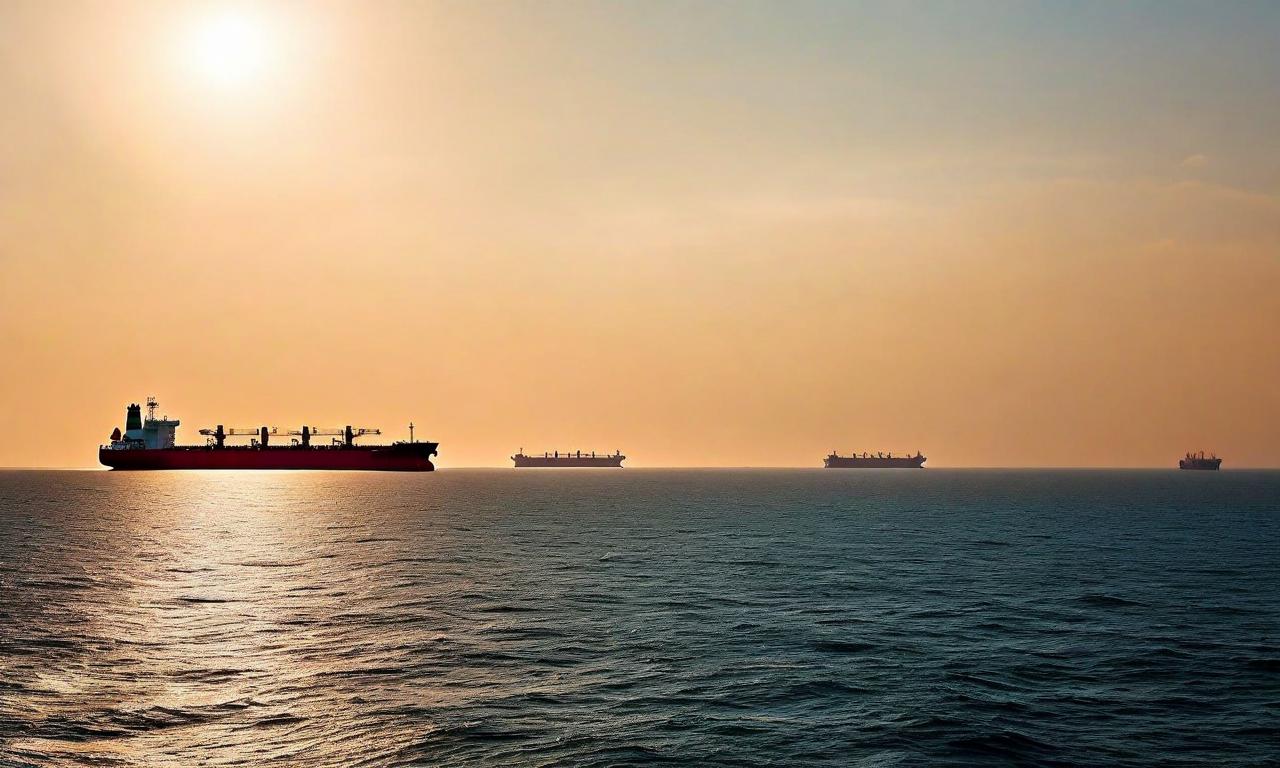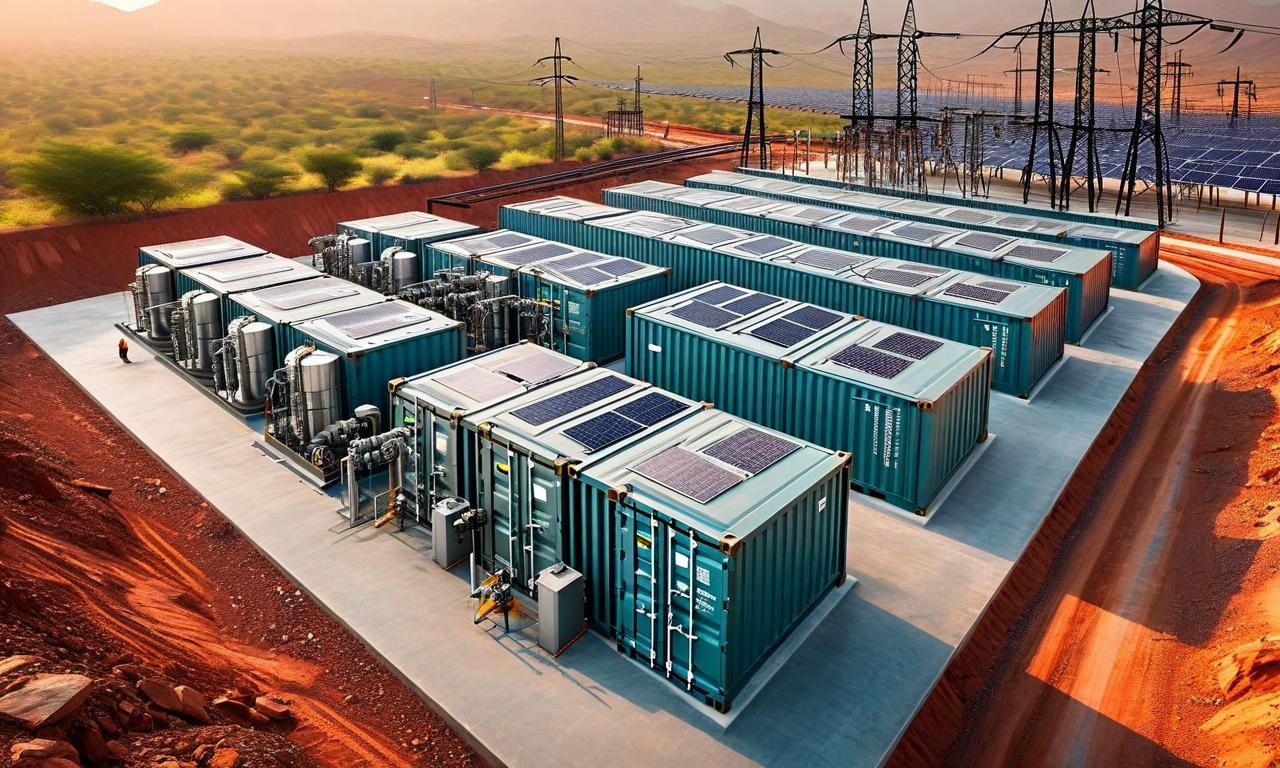US Sanctions Disrupt Russian Oil Shipment to India, Tanker Makes U-Turn
A tanker carrying Russian crude oil to India has reversed course in the Baltic Sea following new US sanctions on Russian oil companies. The vessel, Furia, was transporting about 730,000 barrels of Urals crude from Primorsk port to Sikka port in Gujarat. The sanctions, requiring a wind-down of transactions by November 21, are impacting Indian refiners' access to cheaper Russian crude. Reliance Industries and state refiners are becoming cautious about procuring oil from sanctioned Russian producers, with some shifting to Middle Eastern crude. This incident highlights the global impact of US sanctions on oil trade and may lead to changes in energy sourcing strategies.

*this image is generated using AI for illustrative purposes only.
In a significant development highlighting the far-reaching impact of US sanctions on global oil trade, an India-bound tanker carrying Russian crude oil has reversed course in the Baltic Sea. This sudden change comes in the wake of new US sanctions targeting Russian oil companies.
Key Details of the Incident
| Aspect | Details |
|---|---|
| Vessel Name | Furia |
| Cargo | ~730,000 barrels of Urals crude |
| Origin | Primorsk port, Russia |
| Original Destination | Sikka port, Gujarat, India |
| Current Status | Idling in the Baltic Sea |
Impact of US Sanctions
The U-turn of the Furia tanker occurred approximately one week after the United States imposed sanctions on major Russian oil companies, including Rosneft and Lukoil. These sanctions, which require a wind-down of transactions by November 21, may disrupt the flow of relatively inexpensive Russian crude to Indian refiners.
Implications for Indian Refiners
Reliance Industries
The company, which has a long-term contract with Rosneft, has committed to complying with the sanctions. As a result, Reliance has been shifting its purchases to Middle Eastern crude.
State Refiners
Indian state-owned refineries have also become cautious about procuring oil from sanctioned Russian producers.
Bharat Petroleum
As another user of the Sikka port, Bharat Petroleum may also need to reconsider its sourcing strategies.
Broader Context
The sanctions and subsequent disruption in oil shipments come amid increasing scrutiny of Russia's shadow fleet operations. The Furia, a 23-year-old vessel, had already been sanctioned by the European Union and the United Kingdom. In response to these developments, Denmark has intensified checks on older tankers suspected of involvement in Russia's shadow fleet activities.
This incident underscores the complex interplay between geopolitics, international sanctions, and global energy markets. As major economies like India navigate these challenges, the repercussions are likely to be felt across the global oil trade landscape, potentially leading to shifts in energy sourcing strategies and international trade patterns.




























